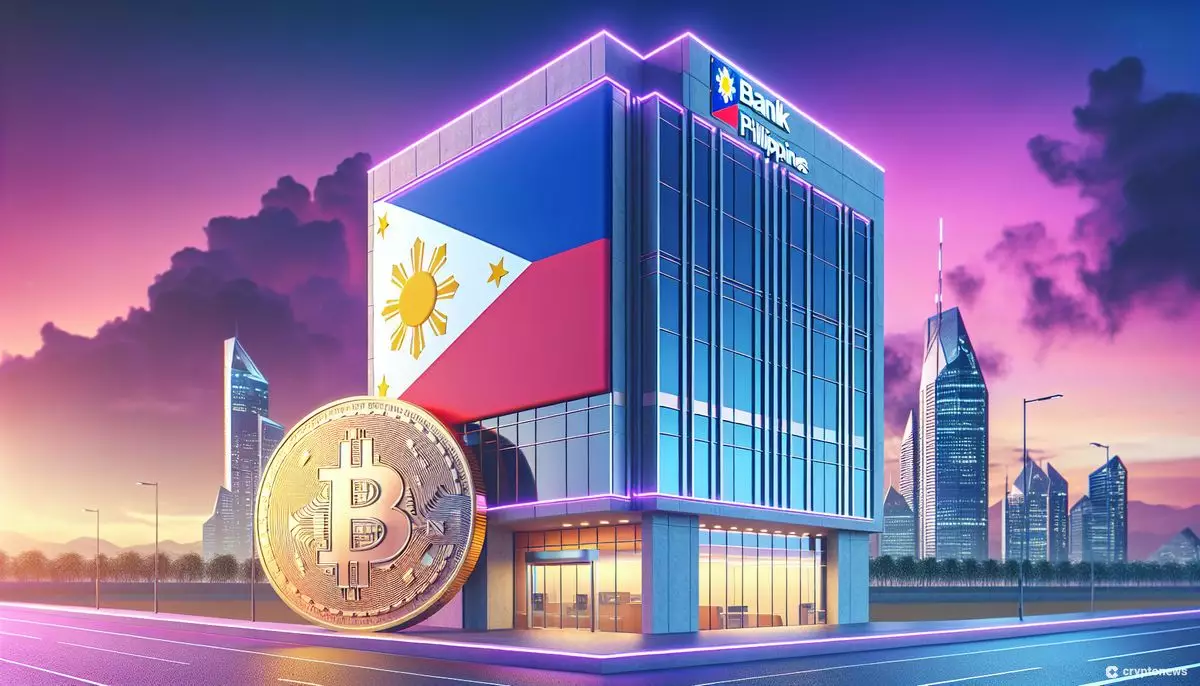The central bank of the Philippines, also known as BSP, is currently working on completing a Central Bank Digital Currency (CBDC) pilot by the end of the year. This initiative was mentioned in a local press report during a press briefing by the Central bank Deputy Governor for Payments and Currency Management, Mamerto Tangonan. According to Tangonan, the timeline for this pilot project is to be finalized by the end of the current year, making it a significant milestone in the development of CBDC technology.
As part of the pilot project, the BSP has collaborated with six domestic financial institutions. These institutions include BDO Unibank Inc., China Banking Corp., Land Bank of the Philippines, Rizal Commercial Banking Corporation, Union Bank of the Philippines, and Maya Philippines Inc. The primary focus of this partnership is to test the transfer of funds among these financial entities using the CBDC technology. Additionally, the BSP aims to explore the possibility of utilizing wholesale CBDC for higher value-adding services such as securities settlement.
One of the key objectives of implementing CBDC in the Philippines is to provide more democratized access to securities and similar investment instruments. Deputy Governor Tangonan envisions a future where individuals from all backgrounds, including Juan and Maria, have the opportunity to own securities with smaller issue sizes and lower fees. This vision aligns with the goal of making investment opportunities more inclusive and accessible to a wider range of the population.
In a recent interview, BSP Governor Eli Remolona disclosed further details about the Philippino CBDC project. He clarified that the CBDC would not be based on blockchain technology but would instead operate on a private payment and settlement system owned by the bank. The CBDC is designed to be a wholesale CBDC (wCBDC), which means that it will only be available to retail through licensed banks and intermediaries for use in wholesale transactions. This strategy aims to build a system where CBDC complements cash transactions effectively.
The recent actions taken by the Philippine National Telecommunications Commission (NTC) to block unlicensed crypto platforms indicate a cautious approach to regulating the crypto industry in the country. This directive, issued in line with the Securities and Exchange Commission’s guidelines, aims to ensure that only licensed platforms operate in the market. While platforms like Binance remain accessible for now, there are plans to eventually block them once the regulator completes an internal “transition” process.
The development of CBDC in the Philippines signifies a significant step towards modernizing the country’s financial infrastructure. Through strategic partnerships with financial institutions and a clear vision for democratizing access to securities, the BSP is paving the way for a more inclusive and efficient financial ecosystem. With ongoing regulatory efforts to monitor and regulate crypto platforms, the Philippines is taking a cautious yet proactive approach to embracing the benefits of digital currencies in the modern financial landscape.


















